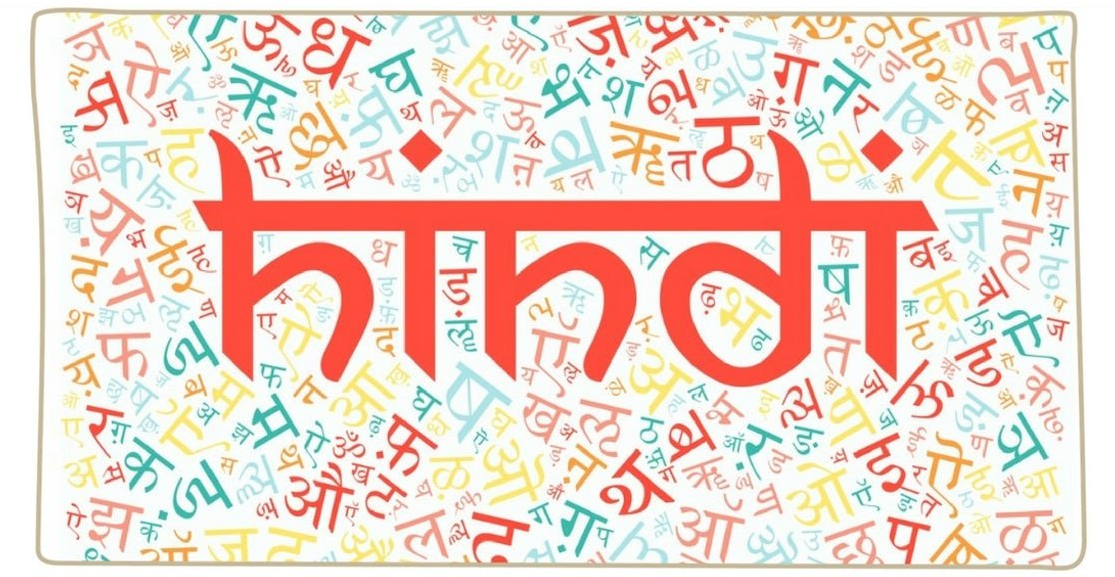India, with its diverse cultural heritage, is a land of many languages but Hindi is the de facto India National Language. The country recognizes 22 official languages, out of which Hindi is the most widely spoken and understood language. In this article, we will explore the history, importance, and controversies surrounding Hindi as India's national language.
India National Language: Origins
Hindi is a language with roots dating back to ancient India. The earliest known form of Hindi was Prakrit, a language spoken in the 3rd century BCE. Prakrit eventually evolved into Apabhramsha, which further gave rise to several modern languages, including Hindi. Hindi, as we know it today, is a standardized version of the Khari Boli dialect, spoken in and around Delhi.
Hindi as India National Language
Hindi became the official language of India in 1965, replacing English. This move was made to promote Hindi as a unifying language that would bridge the linguistic divide in the country. However, this decision was met with resistance from some states where Hindi was not widely spoken. To address this concern, the Indian government recognized all 22 official languages, including Hindi, as equal in status.
Today, Hindi is the most widely spoken language in India, with over 40% of the population speaking it as their first language. Hindi is also the language used in the Indian parliament and judiciary, making it an important language for governance.
The Importance of Hindi
Hindi is not just a language but a means of cultural expression. It is the language of Bollywood, India's thriving film industry, which has made Hindi films popular around the world. Hindi has also contributed to the enrichment of the Indian culture through its literature, poetry, and music.
Hindi is also a language of education and employment. Many schools and universities across India use Hindi as a medium of instruction. Knowledge of Hindi is often a requirement for employment in the Indian government and public sector.
Controversies Surrounding Hindi
Despite its widespread use, Hindi has been a subject of controversy in India. Some states have expressed concern that the promotion of Hindi as a national language would lead to the marginalization of other languages. This has led to protests and demands for greater recognition of regional languages.
Another controversy surrounding Hindi is its association with Hindu nationalism. The use of Hindi as a symbol of national identity has been criticized by some as a means of promoting the Hindu religion and culture, thereby marginalizing other religious and cultural groups in India.
Conclusion
Hindi is an important language in India, both for its cultural significance and its practical uses. It is the de facto national language and an important language for governance, education, and employment. However, its promotion as a national language has been met with resistance, with some states demanding greater recognition of regional languages. Despite the controversies, Hindi remains an integral part of the Indian identity and will continue to play a vital role in the country's future.
FAQs
- Is Hindi the only official language of India?
No, India recognizes 22 official languages, of which Hindi is one.
- How many people speak Hindi in India?
Over 40% of the population speaks Hindi as their first language.
- What is the controversy surrounding Hindi as a national language?
Some states have expressed concern that the promotion of Hindi as a national language would lead to the marginalization of other languages. Additionally, its association with Hindu nationalism has been criticized by some as a means of promoting the Hindu religion and culture.
- Is knowledge of Hindi required for employment in the Indian government?
Yes, in many cases, knowledge of Hindi is a requirement for employment in the Indian government and public.
- Can I learn Hindi as a second language?
Yes, Hindi is widely taught as a second language in schools and universities across India. There are also many resources available for learning Hindi online.
- Are there any other languages that are widely spoken in India besides Hindi?
Yes, India is a diverse country with many languages spoken. Besides Hindi, other widely spoken languages in India include Bengali, Telugu, Marathi, Tamil, and Urdu.
References
- "Hindi Diwas 2021: What is the history behind celebrating Hindi Diwas?" India Today, 14 September 2021, https://www.indiatoday.in/education-today/gk-current-affairs/story/hindi-diwas-2021-what-is-the-history-behind-celebrating-hindi-diwas-1852341-2021-09-14.
- "Languages of India." Wikipedia, Wikimedia Foundation, 4 April 2023, https://en.wikipedia.org/wiki/Languages_of_India.
- "Hindi Language." Encyclopædia Britannica, Encyclopædia Britannica, Inc., 18 January 2022, https://www.britannica.com/topic/Hindi-language.
